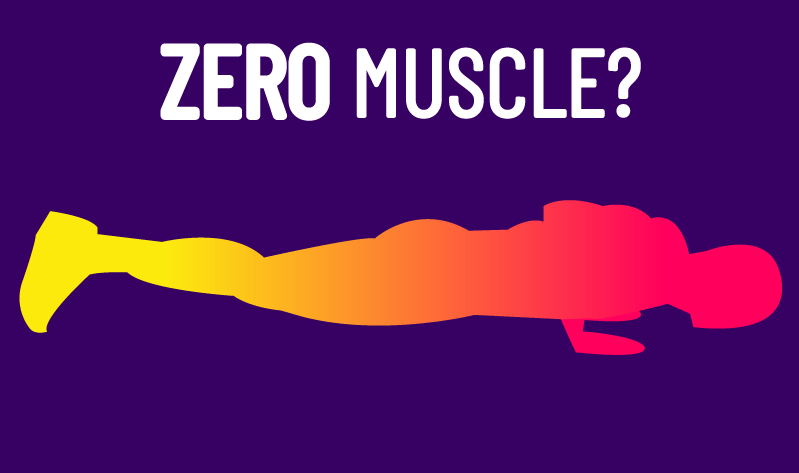All posts by House of Hypertrophy
If you’re on this article, there’s a good chance this is because I referred to this link during a video on chest hypertrophy (https://youtu.be/wa8vJg-h_a8).
Read More
In recent years, the scientific literature is increasingly finding that achieving a stretch of a muscle during an exercise is powerful for building muscle.
However, some people have proposed that not every muscle will grow more when exposed to a stretch during an exercise. More precisely, they believe that the working sarcomere length of a muscle can inform us of whether that muscle will grow more when exposed to stretch.
Read More
How effective is calisthenics (that’s bodyweight training) for muscle hypertrophy?
Can someone theoretically maximize hypertrophy using nothing more than their bodyweight?
Read More
Lactic acid is crucial, essential, mandatory for maxing muscle growth?
The burn is where pain turns into gains.
Read More
It’s not uncommon for individuals to train with only a single rep range in their whole program.
Of course, this isn’t bad, positive adaptations will unquestionably still take place.
But as we’ll examine in this article, training with different rep ranges may provide a variety of potential benefits.
Read More